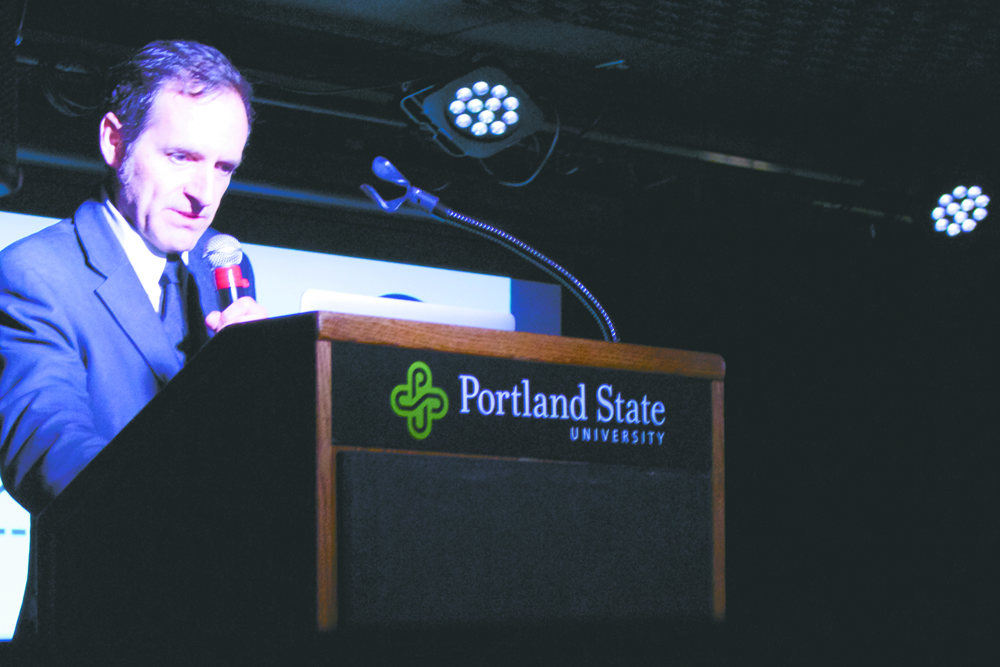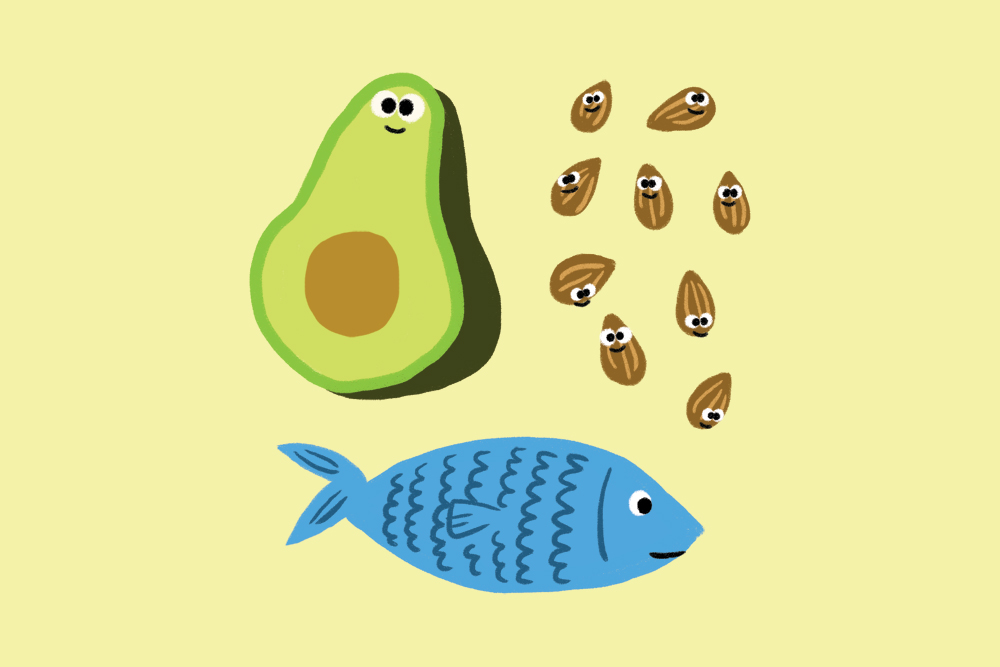I worked in restaurants for years, and I can tell you one thing for sure: Food allergies are a growing epidemic.
It was amazing how many people came in wanting adjustments to the food we were serving, due to one allergy or another. I even remember a couple of people handing me lengthy laminated lists of their allergies, just so I was well informed. This caused a bit of a panic with everyone involved, because let’s face it, no one wants to be responsible if something goes wrong. Personally, I was sympathetic to their plight and took the necessary precautions to ensure their safety, such as letting the management and cooks know that we had a ticking bomb on our hands.
I quickly began to notice, however, that not everyone was as sympathetic as I was. In fact, most of the cooks I’ve worked with over the years are downright hostile about it, not only because it requires them to change things on their menu but because a lot of them honestly believe this is simply a growing fad, especially here in Portland.
I’ve even had discussions with people who believe this epidemic to mostly consist of individuals suffering from a placebo effect, or rather, scaring themselves into believing they have a food allergy for one reason or another.
Nowadays, I babysit two kids and on my first day on the job, I handed them their afternoon snacks and the littlest one (who is only six) asked me out of the blue if I had any food allergies. I was shocked not only because neither of them have food allergies themselves, but simply because they know about food allergies at all. When I was a kid in the early ’90s, I probably only heard the term once or twice. I was much more concerned with catching a cold or head lice, to be quite honest. But this growing epidemic is where our society is headed, and it’s only getting worse.
These encounters in my past have led me to a couple of questions: Is the growing presence of food allergies real? And if so, why is it spreading like wildfire? According to research, about 15 million Americans suffer from food allergies, and about one in every 13 children has a food allergy. Furthermore, the number of children with food allergies has increased by 50 percent between 1997 and 2011.
Allergic reactions take place when our body’s antibodies mistake substances (such as certain foods) as intruders and release a chemical called histamine, which causes our body to react with swelling, redness and itchiness. That being said, everyone reacts differently to their allergies, from asthma to rashes to diarrhea. The worst part about it? No one is quite sure why.
Rest assured, there are many heated theories out there. Some research points to our culture’s obsession with cleanliness, mainly to the use of excessive amounts of hand sanitizers, antibacterial soaps and cleaning products with far too many chemicals. The use of these sorts of products weakens our bodies’ ability to fight off infection and disease, and ultimately, compromises our immune system.
Some theories point to vaccinations and antibiotics as the cause of allergies, with a lot of the vaccines given to children being mixed with peanuts and eggs.
There is also the growing concern for the way food is produced, through use of GMOs, food additives and hormones. Bottom line is, a lot of the food we are eating isn’t natural, and the consumption of these products over long periods of time eventually causes the body to react and try to fight it off.
Hopefully some grounding evidence will come to fruition in the near future. For the time being, we have to become more aware and educated about this rising epidemic, not only for the individuals we encounter who have food allergies but for the potential threat that we, too, can become a victim.
Additionally, we shouldn’t make individuals feel like freaks or annoyances because of something they have little to no control over. Don’t scapegoat them or roll your eyes when they mention a gluten allergy. After all, this isn’t their fault. This is not meant to scare you, but instead bring to your attention that we, as a society, have to acknowledge what is happening in our country. Next time you have a conversation about it, come armed with the information necessary to make everyone aware that this is something we should all be concerned about.






